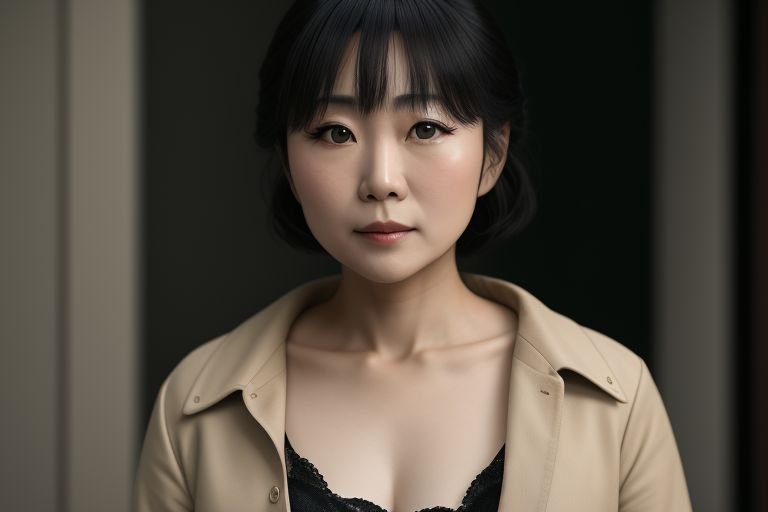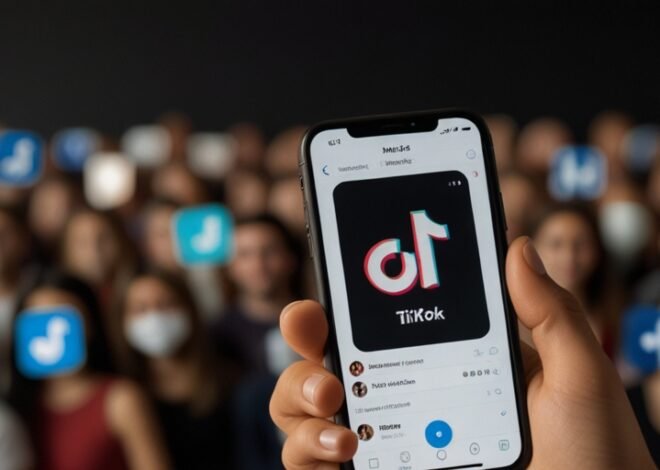
Japanese Celebrity Faces Online Backlash Over Insensitive Post
This week a Japanese popular actress ended up as a trending topic on social media after she commented on a newly emerged natural disaster in what many people saw as tactless manner. The episode put new focus on the potential duties of celebrities on social networking site and the tenor of conversation within the nation.
The scandal emerged when Philippines born Japanese actress Yuki Tanaka who is famous for her numerous TV dramas depicted herself eating in one of the most popular Japanese restaurants in Tokyo. On any other day, the caption ‘Tis the little things in life I am thankful for had probably gone unnoticed. But the post was made at a time when Japan’s northern region experienced a terrible earthquake with many loss of lives and displacement of residents.
In less than half an hour, Tanaka’s post was filled with comments that accused her of being heartless and insensitive. Most of the users scolded her for being unpatriotic and insensitive to the plight of fellow citizens. It grew much bigger and far reached her account: the incident turned into one of the trending topics on social networks.
In response to the criticisms, Tanaka, at first, defended the post by claiming that she did not know about the earthquake at the time. This only seemed to raised the Thetans even further with many asking trying to understand how a celebrity could be so distant from mainstream events. The actress only got round removing the post and apologizing in a professional manner for the damage that had already been caused.
The event made people discuss the issue of social networks in Japan and the pressure put on celebrities. There are many people who have said that people famous should not be able to say or do things on social networks, as they have many followers and impact many people. Some people have countered this with calls for what they feel is over-policing of an otherwise unkind and unsympathetic online milieu.
Commentators in the mass media have commented that this is symptomatic of the rise of ‘cancel culture’ in Japan whereby social media users are all to keen to out those they perceive have made mistakes. While this kind of behavior is not exclusive to Japan, it has become especially noteworthy here, in a country where people regard maintaining order and avoiding unpleasant scenes essential.
It has also elicited concerns over the social pressure the celebrities put under when it comes to the need to post on the internet. It has become increasingly common with those in the entertainment industry to be posting constant updates of their lives to maintain proximity to fans. However, this expectation can create posts that are written quickly with little thought to the surrounding information or possible outcomes.
The recent developments have prompted several agencies from Japan to work on improving the guidelines for the use of social media by their talents. Such interventions may include pre-vet of posts, and enhanced awareness programs on social media courtesy, crisis communication, and others.
The issue in question has not been restricted to the show business alone. The issue has also drawn contributions from politicians and business people with some of them advocating for more extensive information on how various parties whether political, business or civil society should handle the social media responsibility.
While the final say on this particular incident may have been said and done, the discourse regarding the influence of social media in Japan is far from over. These boundaries of self-promotion and public utility are increasingly becoming intertwined, and the people of the society are trying to find ways of surviving in a digital world.
Currently, Yuki Tanaka is not active on the social media platforms where the incident was noticed, and her management said she will be out of social media for some time thinking about the unpleasant incident. Just as in the case of any controversy, it remains to be seen whether this has evolved to an environment where Japanese public figures will forward think in their approach to social media use and digital citizenship in the future.


